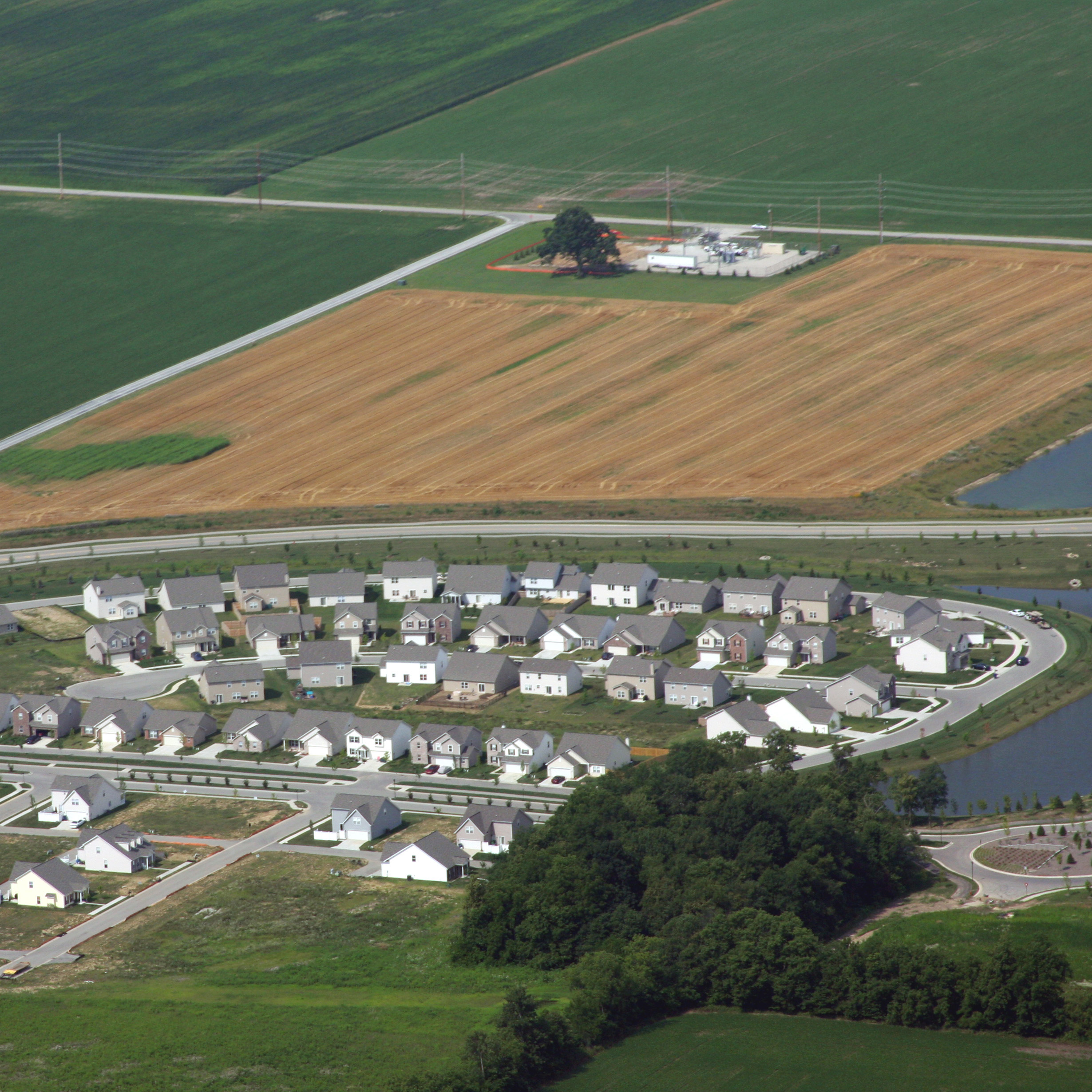
Sustainable Community Planning
A changing climate, limited natural resources, population shifts—communities face challenges going forward. To be resilient means to sustain diverse and vibrant economies, effectively respond to hazards, and function within ecosystems limits. IISG helps communities apply the best-available science to maintain or improve quality of life, including economic and social well-being, without adversely affecting environmental conditions.
Programs & Initiatives
The Community Planning Approach to Green Infrastructure and Hazard Mitigation Toolkit
The Community Planning Approach to Green Infrastructure and Hazard Mitigation Toolkit provides all materials necessary to support a collaborative community planning approach by evaluating the relevance and effectiveness of existing community policies and identifying goals, motivations, and barriers for hazard mitigation planning, focusing on water resources, flooding, and green infrastructure. The toolkit website includes a program overview and community education and engagement materials.
See MoreConservation through Community Leadership
The Conservation through Community Leadership program serves as a roadmap for communities tackling complex land use and natural resource management challenges. The program guides community groups, boards, and commissions through facilitated action planning sessions to support locally-driven natural resource management strategies and policy.
See MoreEnhancing the Value of Public Spaces
Public spaces play a vital role in all our lives. They are the paths we bike on, the public parks we play in, and the town centers where we shop. Decisions about how to design and manage these spaces can have long-term impacts on the social, economic, and environmental health of our communities. This program addresses public spaces and their role in enhancing the quality of place by helping regions, communities, and neighborhoods plan and prepare for a sustainable future.
See MoreMaster Watershed Steward Program
Many states around the country offer Master Watershed Steward programs that trains participants in the basics of maintaining and enhancing water resources. In Illinois and Indiana, the Master Watershed Steward program is open to all residents in both states and especially those who live, work, or play in the coastal counties of Lake Michigan.
See MoreOne Block at a Time
One Block at a Time is designed to engage local government and residents in developing community-planned green infrastructure projects within one city block to address flooding.
See MorePurdue Rainscaping Education
Rainscaping includes the use of sustainable landscape design and management practices at both the household and community scales to prevent pollution from reaching water bodies by directing stormwater to be absorbed by plants and soils. The Rainscaping Education Program provides training and resources on practices that can be installed in a residential setting or small scale public spaces project.
See MorePublications
Related News
Research Projects
Illinois-Indiana Sea Grant funds original research projects that support and complement our education and outreach activities. The link below will take you the Sustainable Community Planning section of our funded research database, where you will find project descriptions, contact information, and final reports and publications.
See All Related Research & Projects